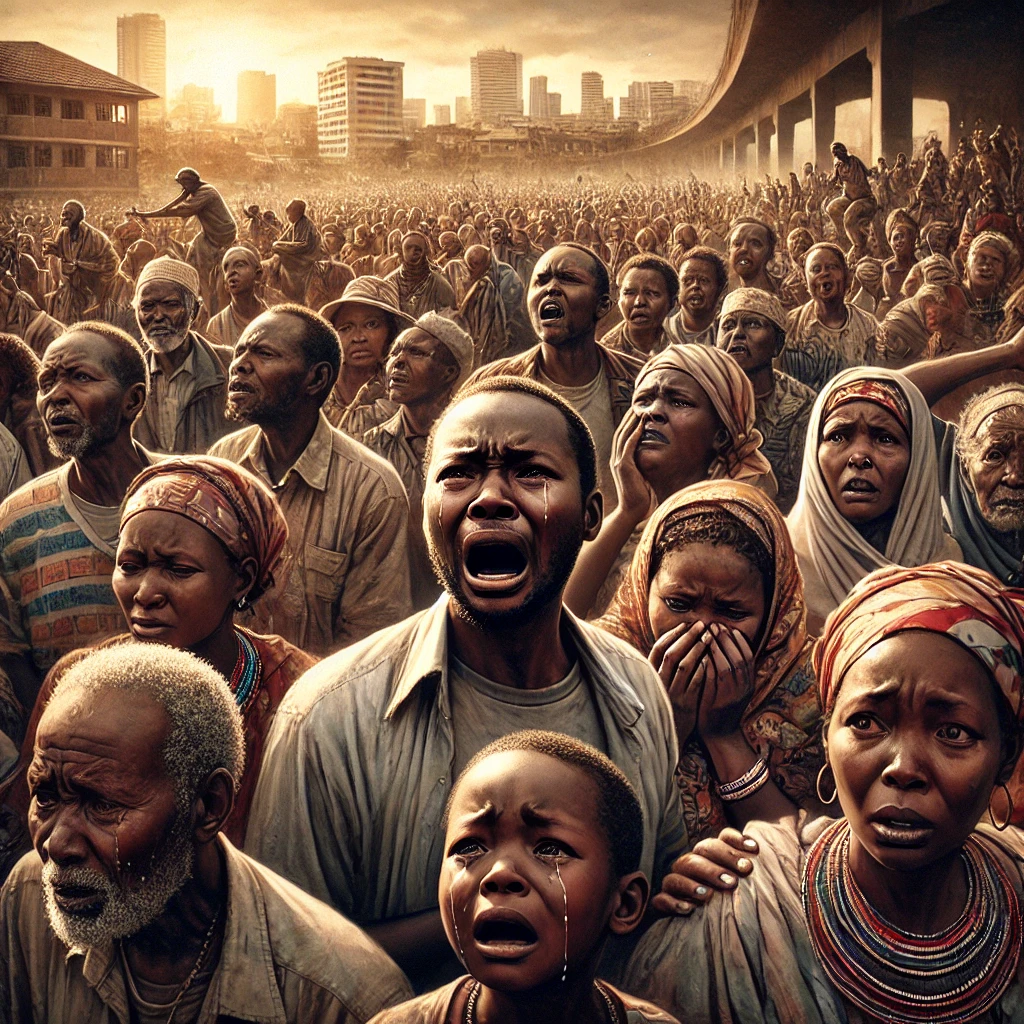Nairobi, Kenya — Families of abductees and victims of extrajudicial killings are sounding the alarm, claiming they are under surveillance by unidentified individuals in unmarked vehicles.
Their concerns come just days after two bodies of three men abducted in Mlolongo, Machakos County last year were discovered in separate locations.
In a joint statement, survivors and human rights groups called for swift investigations into the disappearances.
“We demand an immediate, independent, and transparent investigation into the cases of Bob Njagi, Jamil Longton, Aslam Longton, Justus Mutumwa, Martin Mwau, Steve Mbisi, Kalani Mwema, and all other victims and survivors of enforced disappearance,” the statement read. “The state must account for every missing person and bring those responsible to justice. We will not accept silence, cover-ups, or manipulated reports.”
The statement was delivered by three men—Bob Njagi, Aslam Longton, and Jamil Longton—who were abducted, allegedly tortured, and later released. They say they continue to be followed by unidentified vehicles, sometimes parked outside their homes overnight.
“As survivors of enforced disappearances, we know the state is targeting us because we are witnesses,” they said. “We have already lost Justus Mutumwa and Martin Mwau—both of whom were also witnesses to these crimes.”
Fears of Retaliation
Dancan Kyalo, brother to Justus Mutumwa, said he was forced to relocate after receiving threatening phone calls from unknown numbers. His brother’s body was found on January 30, bearing signs of torture.
“I had no choice but to move and live in fear,” Kyalo said. “When we found my brother’s body, his forehead had deep cuts, his eyes were pierced, and his wrists were tightly bound.”
Similarly, Monicah Mwende, sister to Kalani Mwema—who disappeared on December 17 and was found dead on January 30—recalled chilling threats.
“I received calls warning me to stay quiet or risk my brother ending up in the morgue,” Mwende said.
Growing Public Outrage
The wave of abductions has fueled public outcry, with political and civil society leaders demanding accountability. Former Chief Justice David Maraga condemned the incidents, calling them a “profound betrayal of Kenya’s Constitution.”
“No Kenyan should live in fear,” Maraga said. “Every citizen, especially the youth, deserves safety to pursue their dreams.”
Human rights organizations, including the Kenya Human Rights Commission (KHRC), Defenders Coalition, and Muslims for Human Rights (MUHURI), have joined legal efforts to hold top security officials accountable. The Law Society of Kenya has also filed lawsuits seeking answers.
Despite mounting pressure, victims say their reports of suspicious surveillance have gone unanswered by authorities. For many, the fear remains—a haunting reminder that justice is still out of reach.

